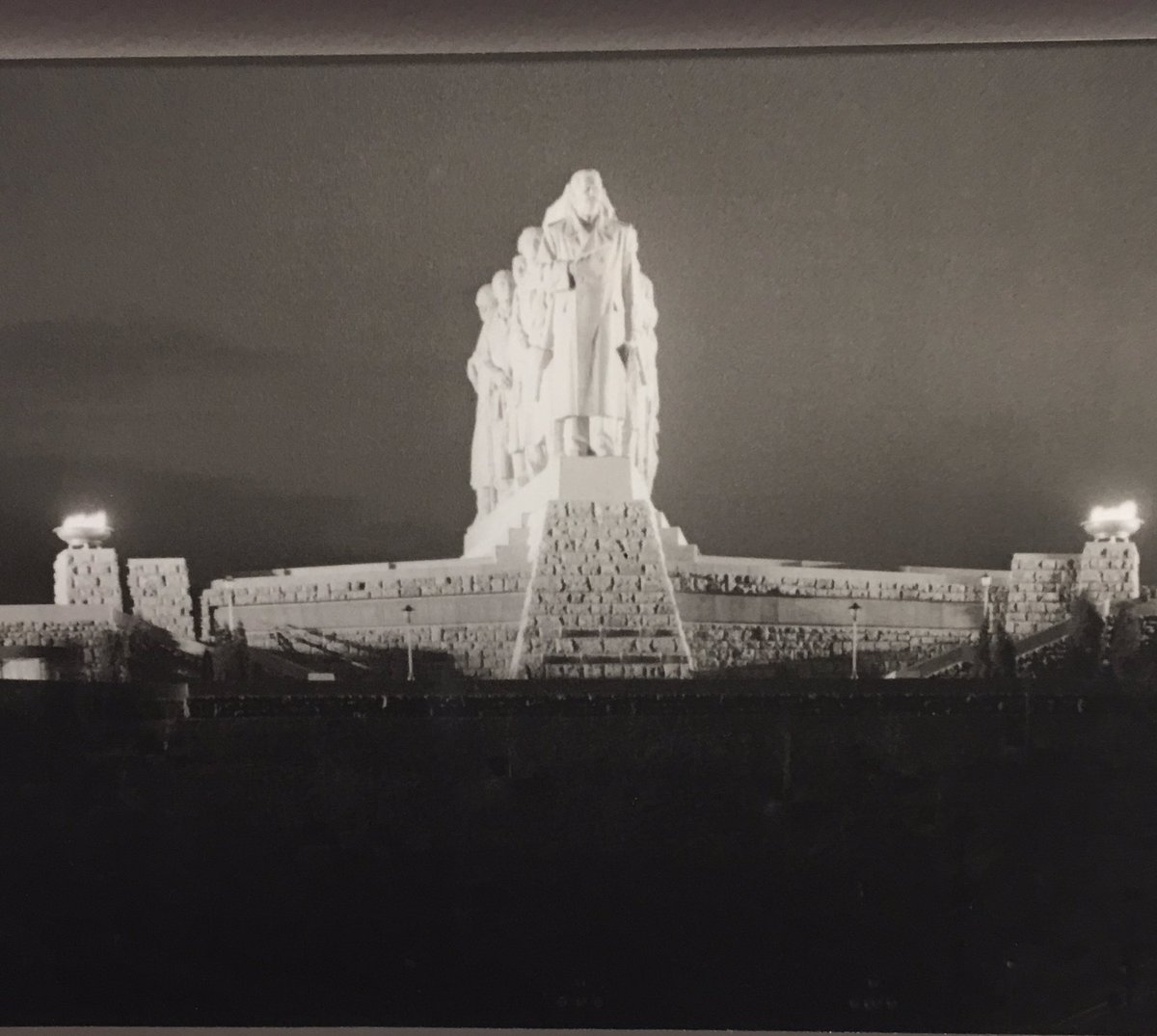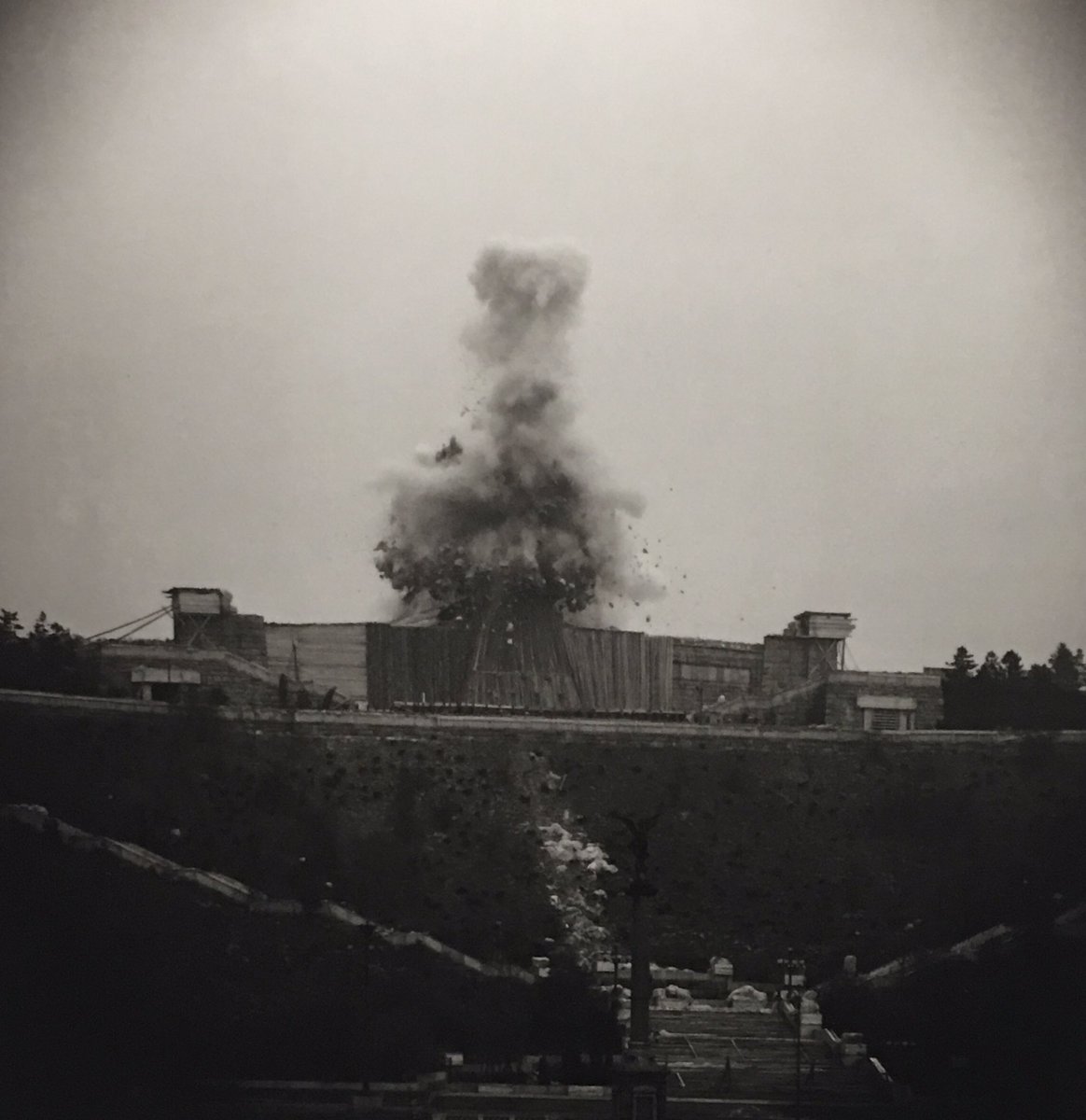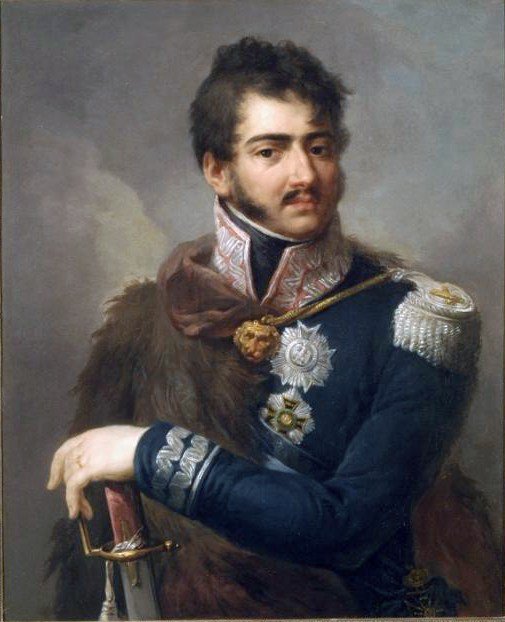There is a refreshing honesty about the darker aspects of Czech history, such as
As for the apparent “naivety” (in the eyes of someone with a Polish experience and viewpoint), this is related to the historical difference in the attitudes to both Russia and communism between
For Poles Russia was a historical enemy as well as one of the partitioning powers, with a history of violent repression of the Polish subject population. It was also a historic symbol of tyrannical government so contrary to Poland’s tradition.
Czechoslovak historical view of Russia was very different. Never having a border with a Russian state, they had no negative experience. Onnthe contrary, during the period which
While “slavophilism” had little attraction for Poles, it was a popular cultural and political movement in Bohemia and Slovakia under the Hapsburgs
The attitude towards communism was also quite different in Poland and in Czechoslovakia.
Pre-war Poland was chiefly an agricultural country and communism was never found appealing by rural populations in Europe. In addition,
By contrast with Poland, pre-war Czechoslovakia was one of the most industrialised
However, another reflection that camevto my mind was how much harsher the communist rule was in Czechoslovakia compared to Poland.
AI heard a Czech guide (too young to have
To me this suggests an overall failure.






















